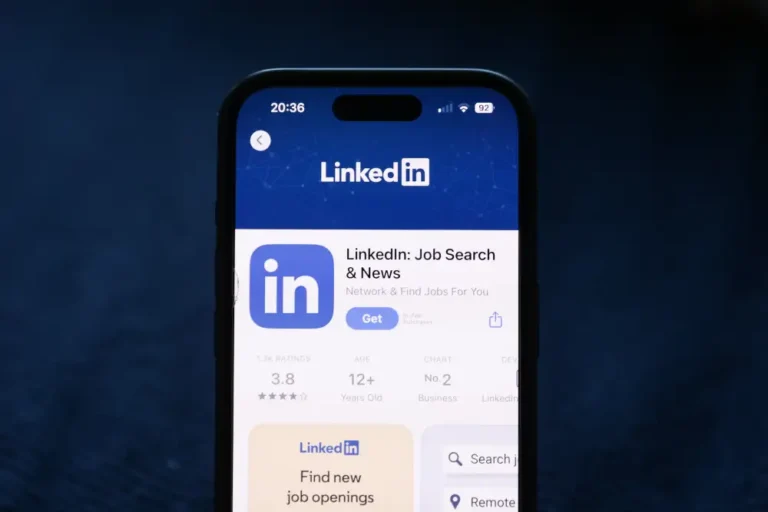Here are the top challenges for job seekers and hiring managers in Canada

Understanding the reality of job seekers and employers is the key to creating a better world of work. Indeed conducted a global survey from June 21 to July 12, 2024, in Canada, France, Germany, the Netherlands, the UK, and the US. The goal? To find out how job seekers and hiring managers in major international markets define and assess quality in hiring. It also uncovered the challenges they’re experiencing in search of quality roles and candidates. The findings for Canada were distilled in the just-launched Canadian edition of Smarter Hiring with Data-Driven Insights.
The search for quality in hiring
Understanding what constitutes a “quality hire” is imperative as the skills needed from workers evolve, people retire or change their workforce participation, and younger employees with less experience enter the workforce. These shifts in the labor market are leading to a tipping point, where the prioritization of skills-first hiring and the adaptation of new technologies is critical.
Missed connections: Job seekers and employers struggle to find the right match
Both job seekers and employers agree that hiring is getting harder. Compared to three years ago, 56% of Canadian job seekers claim getting hired has become more difficult, while 62% of employers report increased hiring challenges.
The survey revealed a paradox: While over two-thirds of Canadian (70%) job seekers cite a lack of quality roles, over one-third (36%) of Canadian employers say finding quality candidates is a significant or critical issue for their organizations.
The problem, however, is often neither a lack of good roles nor a shortage of applicants to fill them. The main challenge lies in the difficulty of connecting the right candidates with the right jobs, which points to an urgent need to rethink how the hiring is done.
Employers and job seekers agree: Skills are key
Employers and job seekers view today’s hiring challenges differently, yet align on what constitutes a “quality hire.” In Canada, over half (53%) of hiring managers and over two-thirds (70%) of job seekers identify relevant, on-the-job experience as one of the top three indicators of quality, outweighing factors like educational degrees and total years of experience.
When we explored what employers identify as important criteria when evaluating a candidate, they indicated the ability to learn a job quickly (93%), critical thinking and problem-solving (91%), and working well with different people (93%). These skills rank above years of experience (73%) and technical expertise (79%). Importantly, educational degrees (55%) are considered the least important criterion for evaluating candidates.
When we asked job seekers what criteria they think are important when considering applying for a role, they followed the same theme, with most (87%) prioritizing their transferable skills over their years of experience (69%). When asked what their main obstacles are when finding quality roles, beyond pay transparency (34%), job seekers identified unrealistic role requirements (32%) and “too much emphasis on formal education” (24%) as significant obstacles in finding quality roles to apply for.
A new mindset needs to prioritize skills above all else
Both job seekers and employers agree that a quality hiring process should focus on candidates’ actual skills rather than proxy indicators like degrees or years of experience. While recruiters have always considered skills as part of the overall hiring process, the major shift should entail putting skills above all other qualifications. This concept is known as “skills-first hiring.”
Canadian employers who understand and have adopted skills-first strategies report key benefits, including an increase in quality candidates (30%), better retention of new hires (30%), and an overall happier workforce (26%).
For Canadian job seekers, skills-first hiring alleviates frustrations with unrealistic role requirements and the perceived overemphasis on formal degrees and accreditations.
Adapting to a new hiring mentality: challenges and solutions
Adopting a skills-first approach requires significant changes to organizational practices and norms. Although 59% of Canadian employers understand the concept, many are unclear about its execution. Only one in four (25%) recognize that skills-first hiring means intentionally sourcing candidates based on skills, and even fewer identify key practices involved.
Only one in ten (11%) Canadian employers have removed or reduced the years-of-experience qualifier and only 11% have eliminated degree requirements — despite recognizing that these criteria are not strong indicators of candidate quality.
It can be challenging to switch to this new mentality. Employers without effective tools or enough time to evaluate resumes for skills and experience may miss out on interviewing talented candidates — and miss out on the right hire.
Hiring technology has advanced significantly in recent years and continues to evolve rapidly. However, there is slow adoption of AI across most sectors, including the recruitment industry, which indicates that technology is not being optimized despite its transformative potential. Solutions like Indeed Smart Sourcing use AI technology to provide candidate summaries that highlight key skills and potential gaps.
Skills-first hiring enables employers to identify candidates with the foundational skills needed for success, bridging the communication gap between job seekers and employers to build stronger, more adaptable teams. Adopting AI solutions can help Canadian hiring managers to hire quicker and more efficiently and stay competitive in the ever-changing recruitment landscape.
To learn more about job seekers’ and employers’ perspectives on skills in hiring, how that relates to the concept of quality, and what it means for the future of hiring in major international markets, read our global report. For a deeper dive into quality in hiring in Canada, the Canadian edition highlights local insights and demonstrates how a skills-focused approach not only enhances hiring but also helps attract and retain talent.






